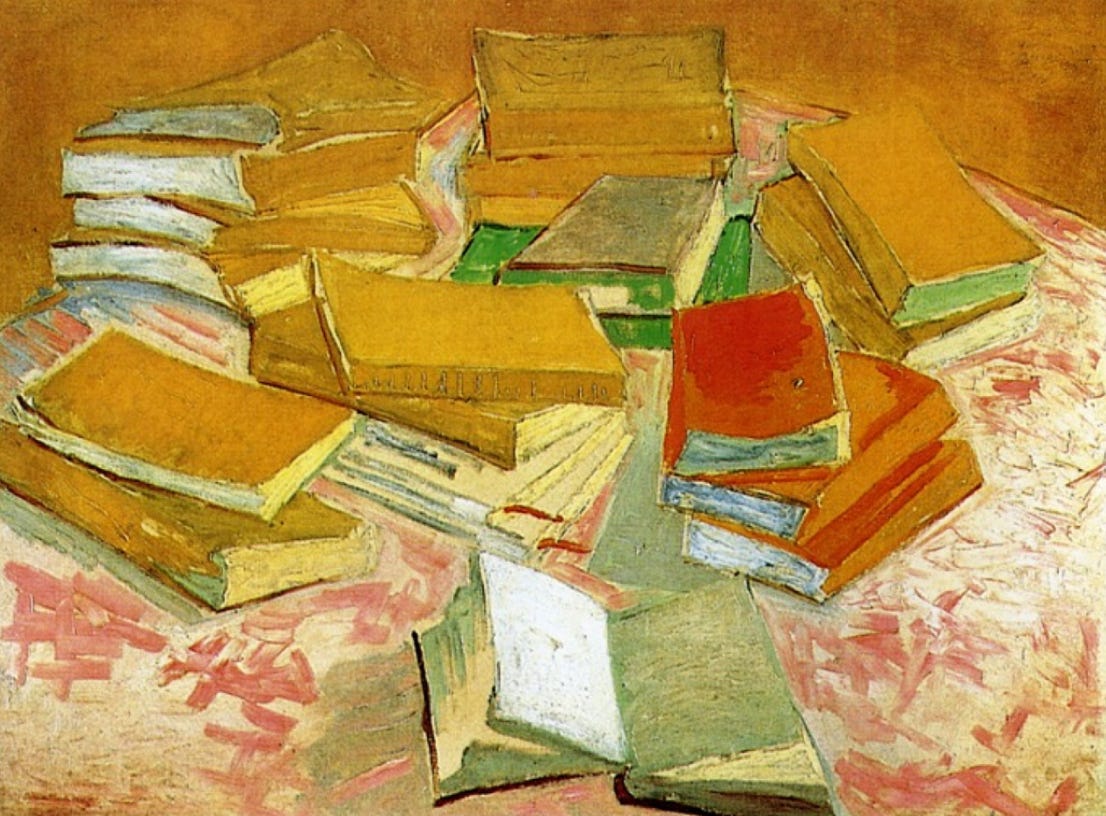Recently, literary twitter was abuzz with one of those ridiculous debates that pops up every few months: Do you actually need to read books to be a write books? You might think there isn’t much to debate here. Don’t you need to study any profession or hobby to be good at it? It’s hard to imagine an aspiring chef …
Keep reading with a 7-day free trial
Subscribe to Counter Craft to keep reading this post and get 7 days of free access to the full post archives.



